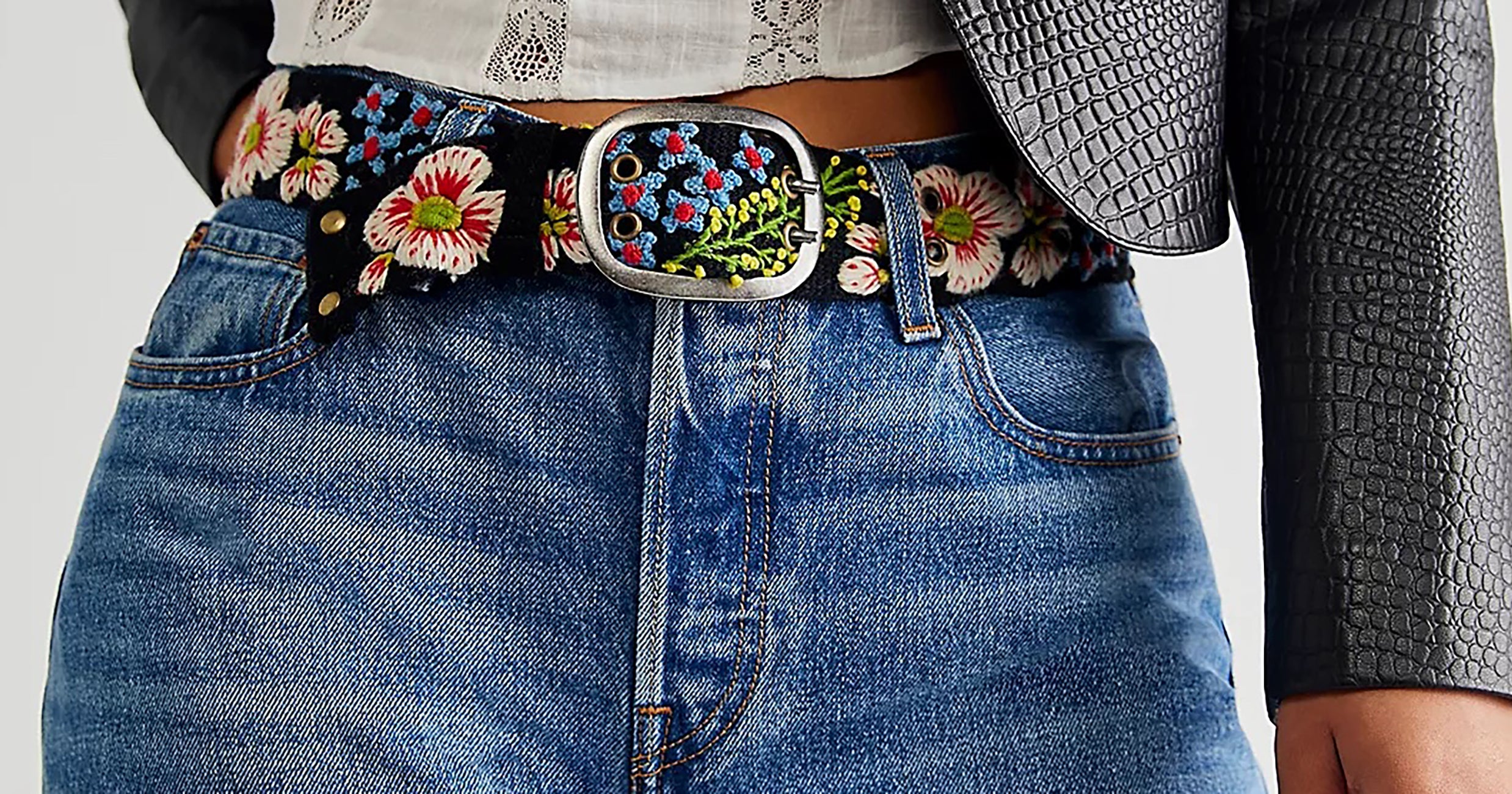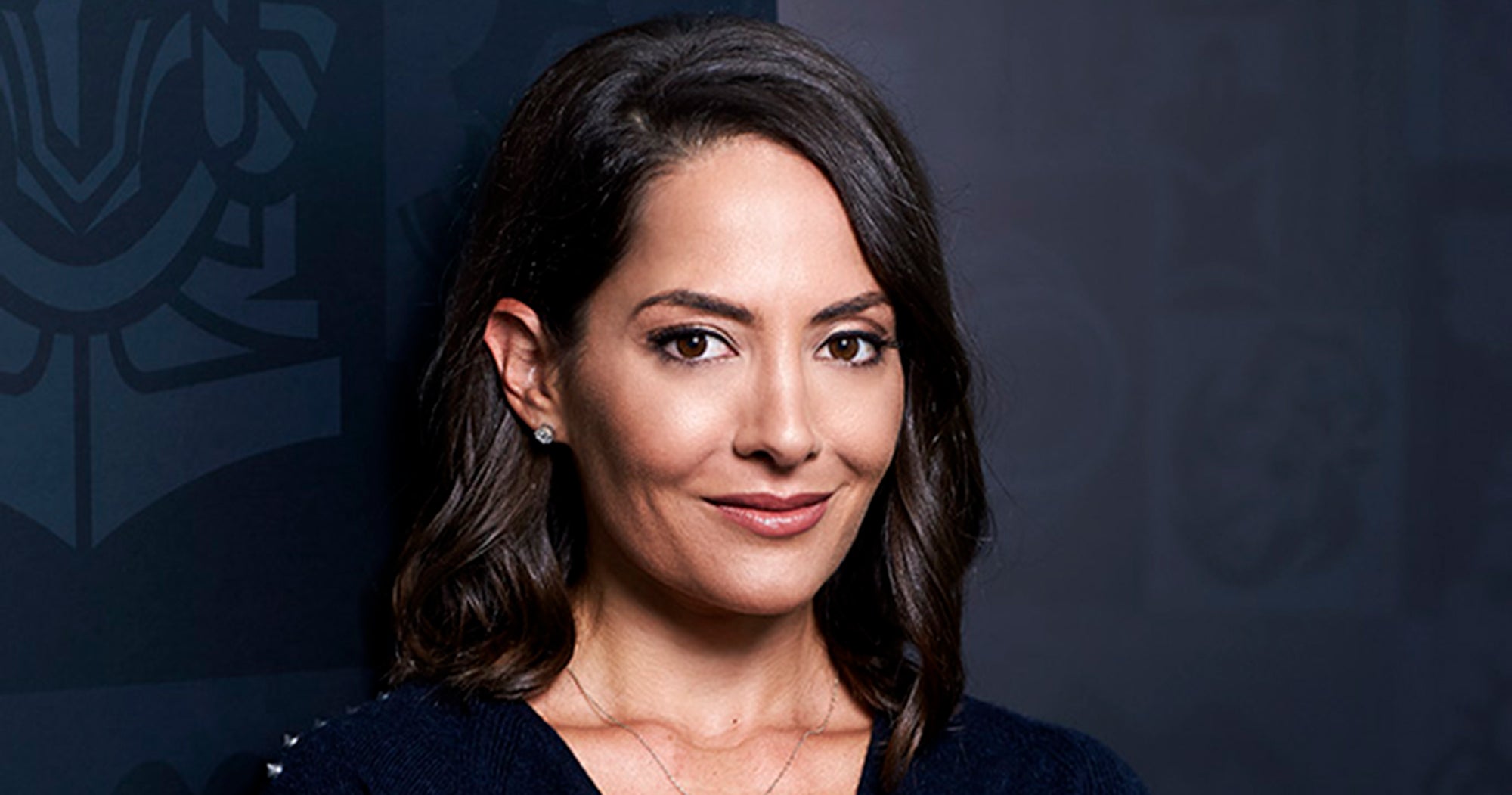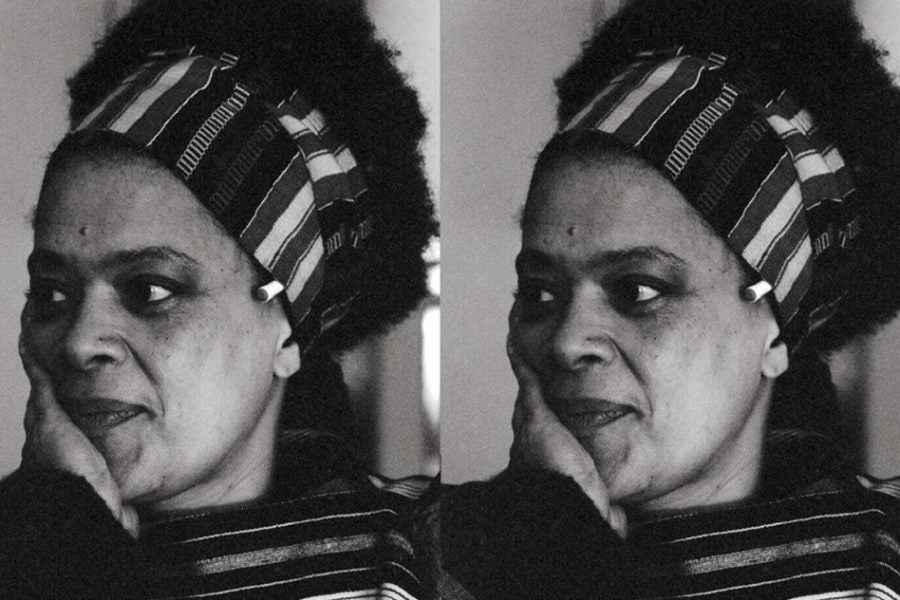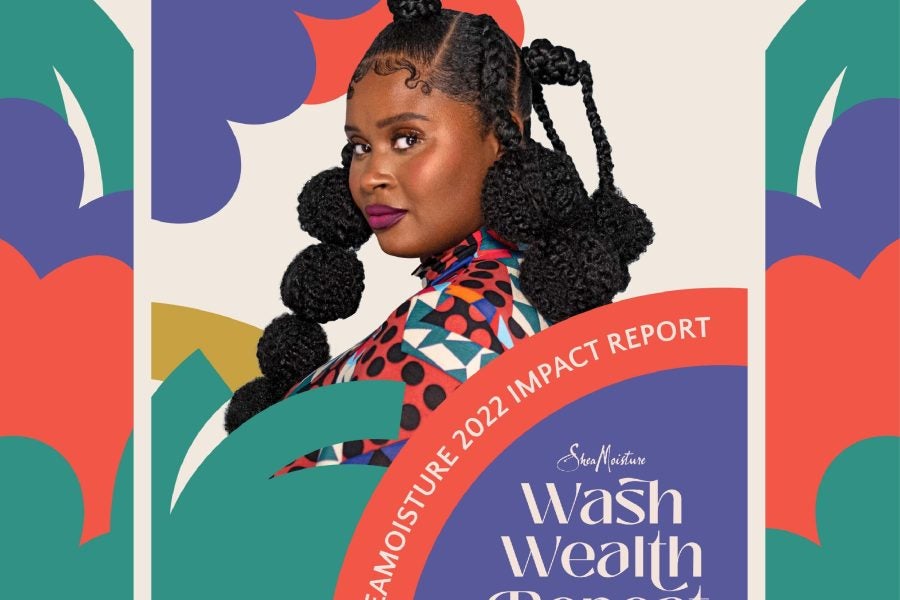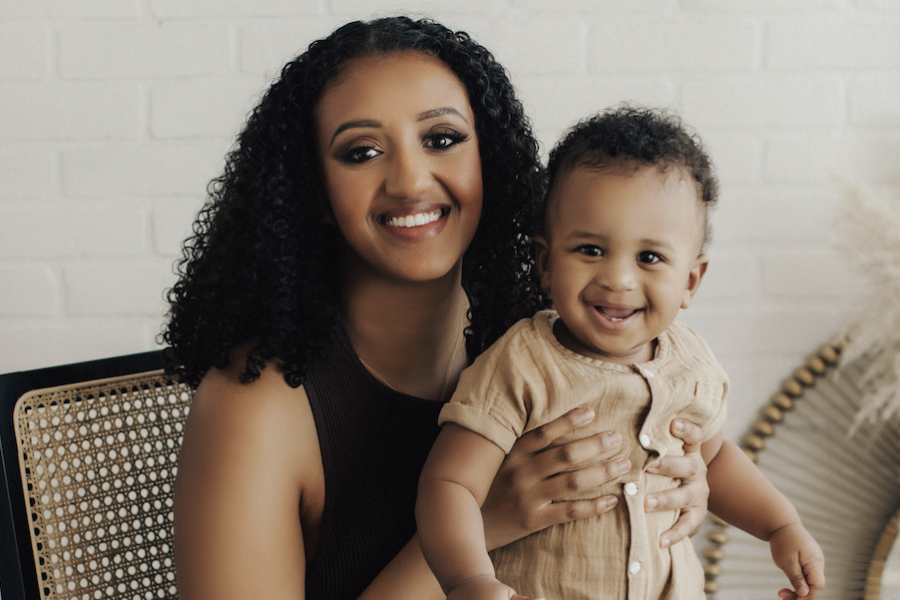
As Black parents raising a Black boy, my husband and I made an agreement. In a world saturated with brutality against Black boys and men, we would not be our son’s first introduction to violence. So, we’ve decided not to spank him. There’s data-backed evidence supporting our decision.
Dr. Akua Boateng, a licensed psychotherapist and emotional wellness consultant, explained to me Black parents are more likely to spank their children. “It is a fact, Black children have more cultural occurrences with spanking,” she says. “A 2015 Pew Research survey found that Black parents are more than twice as likely as white and Latino parents to use corporal punishment on a regular basis, and they are far less likely to never spank their children.” When we examine this statistic through the lens of generational trauma, it becomes clear: violence begets violence.
For the first few years of children’s lives, parents influence and inform how they perceive the world around them. With studies indicating that personality traits seen as early as grade 1 are strong predictors of adult behaviors, it follows suit, then, why many millennial parents are going the gentle parenting route. And, more specifically, why they’re opting out of spanking their children.
Gentle parenting is a softer approach to parenting; one that upholds the autonomy of the child. It is a mutual relationship between parent and child, as opposed to a more traditional, authoritarian approach. This could look like offering more choices, asking more nuanced or dynamic questions about how they’re feeling, and inviting the parent to be more vulnerable with their child. I was immediately drawn to this style of parenting, as it seemed the most intuitive to me. By demonstrating honesty and transparency with my own actions, it would naturally encourage my son to reciprocate.
If I was up front about when I messed up, I was giving him the green light to do the same with me in the future. When it comes to enforcing boundaries, by removing physical and violent punishments, like spanking, our son would know that his father and I would always be a safe place for him, even when he’s made mistakes. “The research is clear; spanking greatly impacts social emotional development, relational dynamics, responsiveness to threats and lacks empirical support for its efficacy in discipline,” Dr. Boateng says.
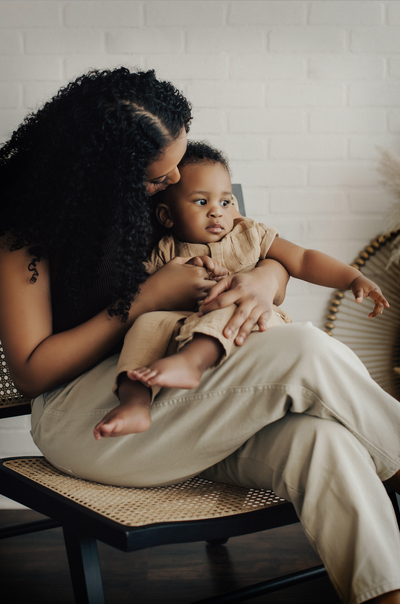
Dr. Olajide Williams, a tenured Professor of Neurology at Columbia University and Chief of Staff of their Department of Neurology, says, “Research has shown that traumatic stressors such as smacking or other forms of child abuse and adverse childhood experiences can cause excessive neural activation in key areas in the brain such as the prefrontal cortex and amygdala, which in turn can reduce their neurobiological development. The outward manifestation includes abnormal behaviors related to our threat response, our emotional regulation, and our decision-making.”
Long-term, Dr. Williams tells us, this can produce real, high-stakes issues in the vulnerable, developing brain of a child, “Long term effects include problems related to threat response, emotional regulation, and decision-making such as depression, anxiety, dysfunctional behaviors, substance abuse disorders, and other mental health disorders. In fact, research shows that unlike normally developing brains, the reduction in development of the brains of children who are spanked are indistinguishable from the brains of children who have been abused.”
Dr. Boateng shares why younger parents in particular are opting out of spanking. “In this generation of parenting, millennials are learning more about their emotional health and childhood. Due to the increase in the use of therapy, new parents are taking the opportunity to change emotional dynamics that negatively impacted them in their childhood.”
We also know that spanking hinders emotional development, creates barriers between parent and child, and could potentially foster a fast track with future encounters with violence. So it is no surprise that parents are choosing to forego it altogether in favor of more tender, non-violent methods.
To the skeptics who retort that they were spanked as kids and turned out fine, Dr. Boateng holds space for that experience as well. “Your experience was valid and it matters. Parenting can present us with the opportunity to use what we have learned to advance our understanding [and] discipline is no different,” she says. “While you may feel well adjusted in adulthood, the impact of spanking on your adult life may not be fully known. If you can give your child the opportunity to experience a new way of learning boundaries, consequences and overall the loving guidance of a parent, wouldn’t you want to?”
For Black parents, the most critical thing for us is survival. With our fraught history of slavery, sundown towns, Green Books, to gruesome modern examples, like Ahmad Arbery being gunned down while on a jog, Black parents share a terrible fear: will my child make it home to me? However, as millennials are becoming parents now, ensuring our children thrive in and out of the home has taken precedence. We may not be able to control what happens out in the world, but we can work to ensure the home is a safe place.
“Given the complicated experience of race-related trauma within the Black community, spanking creates a unique barrier to emotional growth for Black children. Being physically and emotionally harmed by caregivers creates a layered experience with treatment from those you love that is carried in adulthood. Some of the systemic effects impact educational achievement, propensity toward aggression and encounters with the criminal justice system.” Dr. Boateng explains.
With everything we know now then, and with science being explicit on the matter, spanking should no longer be a debate about parental preference. This is an issue of our children’s very wellbeing. These children will soon grow into adults who will act upon the wiring and presets we have bestowed unto them in our raising of them. My goal, then, is to do everything in my power to provide my son with the most robust of toolboxes for his entry into this confusing world. And I see it already in our days together. Still only a toddler, he is discovering and testing the boundaries of his little world and patience can feel like a Herculean feat some days. But taking a moment to take a deep breath together, hand in hand lets him know that it’s not mom against him, it’s us in this journey together.
Gentle parenting doesn’t ask for perfection; instead it asks for us to allow the space to imagine a new way, for both you and baby. If we know that the other methods hold so much potential for negative outcomes, don’t we owe it to ourselves to at least try something other than spanking? My hope for my son is that we will have an abundant, fertile mind, rich with an imagination of myriad ways to handle the countless, difficult scenarios life will place him in. I believe that in my demonstration of grace and patience for myself and him, he will lead with the same foot in his adulthood—both for himself and others.

